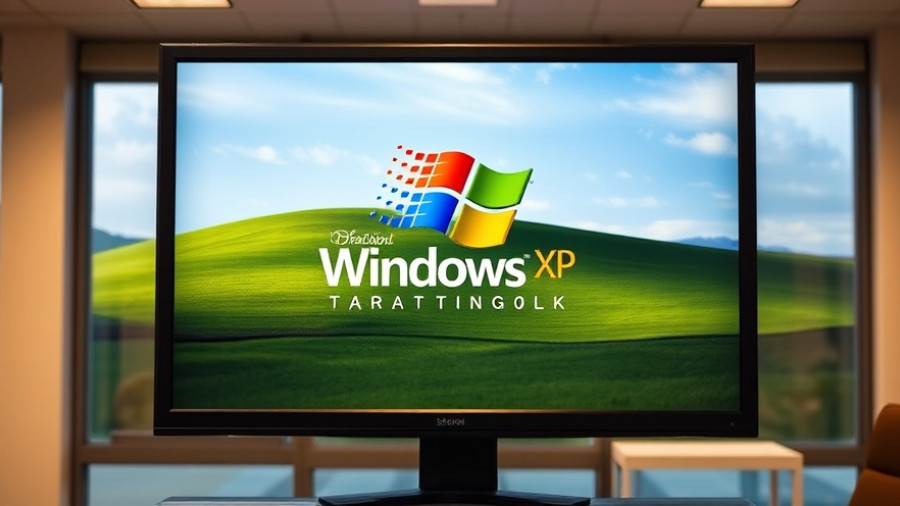
Windows XP: A Nostalgic Operating System Still in Use
Windows XP remains a beloved operating system, known for its speed, ease of use, and stability. Despite its age and Microsoft's discontinuation of support, many users—and even some modern systems—still depend on this iconic software. Business owners and managers must recognize the importance of understanding why opening the source code of Windows XP is a complex decision that intertwines legal, technical, and operational implications.
The Legal and Security Considerations
One of the most significant hurdles to open-sourcing Windows XP lies in the legal intricacies of its code. Microsoft holds the copyright, but the software itself incorporates various third-party components under proprietary licenses. Consequently, releasing Windows XP’s source code could involve negotiating rights with parties that may not even exist anymore, creating a legal labyrinth that could dissuade Microsoft from pursuing this route. Furthermore, concerns about security remain paramount. Any open-source release could expose vulnerabilities within Windows XP, potentially jeopardizing systems that still run on this outdated architecture, making businesses more susceptible to cyber threats.
Technical Challenges of Modernization
Moreover, from a technical perspective, many of XP’s original development tools and dependencies are no longer accessible or relevant, rendering the task of modernizing or safely open-sourcing the software challenging. This unique complexity means that while theoretically appealing, the practicalities often deter such initiatives.
The Future of Windows XP Preservation
The hope for a preservation effort lies in the potential of projects like ReactOS, which aims to offer a free alternative to Windows, allowing users to maintain functionality akin to Windows XP applications in a modern environment. While not a direct solution, this effort highlights the drive to keep XP-like usability alive despite Microsoft's stagnation.
Taking Action as Business Owners
For businesses continuing to use Windows XP, the focus should shift from contemplating open-source possibilities to exploring alternatives. Transitioning to up-to-date operating systems or utilizing virtual machines where XP applications can run safely while ensuring enhanced security protocols can protect sensitive data and improve overall system integrity. As technology advances, moving forward should remain a priority.
Microsoft may never open-source Windows XP, but its lessons about technology evolution can guide you. Equip your operations with modern tools and stay ahead in today’s tech landscape, ensuring that your business runs without a hitch.
 Add Row
Add Row  Add
Add 










Write A Comment